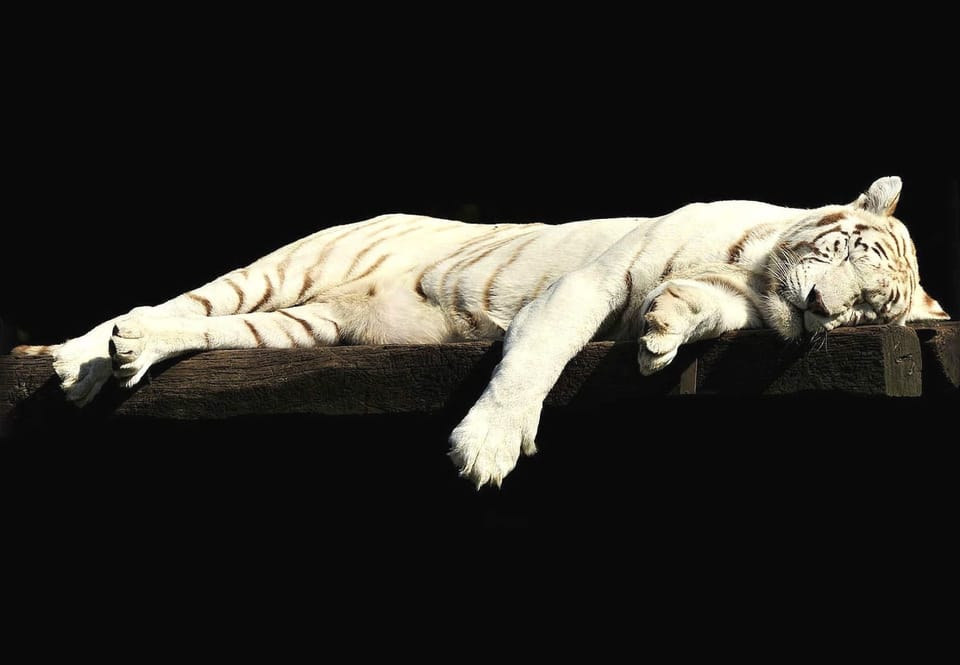Learning to see 🙈

"People hate advertising until they lose their cat."
—Advertising executive David Droga
> godspeed | cats are lazy
Each of us becomes truly alive when we become able to perceive, interpret, and remember others and the world for the first time.
Now we can experience love and shame and melancholy. And cruelty. And judgment. Maybe even all at once.
Until we can experience anything, there can be no smart or dumb or ugly or radiant or lazy or workaholic.
These are all human constructs not present on their own in the natural world. 🌎
We can call cats lazy. But cats can’t perceive us as lazy. Or dumb. Or radiant. Or irrationally jealous.
For them, the human mind in the natural world is neither good nor bad. It just is.
They can't know that the human mind is crammed with distortions and biases and fallacies and errors. And we're wired tight with such errors and biases.
These cognitive disruptions deploy as quickly as one reacts "without thinking about it" to a surprise punch.
The mind quietly nudges us and cues us and menaces us without us being fully in control of it or consciously aware of it.
The conscious mind – where our thoughts are evaluated for reason and logic – plays a surprisingly small role in the decisions we make minute by minute and hour by hour.
- next time "Their eyes undressed the bakery case."
- listening Glare "Do Not Enter"
>> full series | alerts | playlist / social | tip jar

